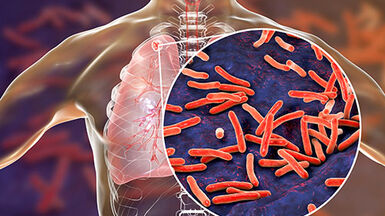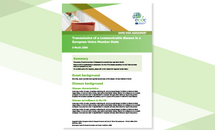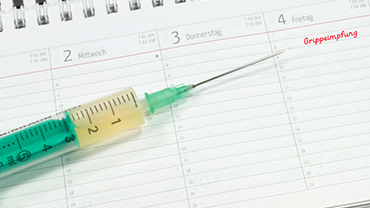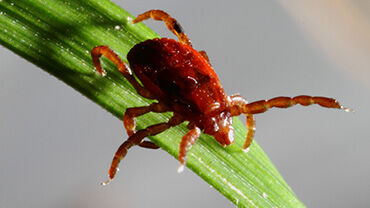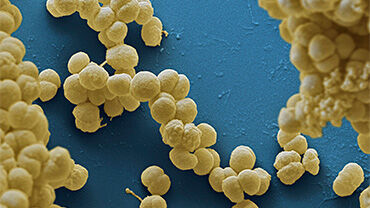Rapid risk assessment: Public health risks related to communicable diseases during the hajj 2019, Saudi Arabia, 9–14 August 2019
In 2019, the hajj will take place between 9 and 14 August. The risk of vaccine-preventable and vector-borne diseases is considered low if preventive measures are applied.
Executive summary
Main conclusions and options for response
In 2019, the hajj will take place between 9 and 14 August.
The risk for EU/EEA citizens to become infected with communicable diseases during the 2019 hajj is considered low, thanks to the vaccination requirements for travelling to Makkah (Mecca) and the Saudi Arabian preparedness plans that address the management of health hazards during and after hajj.
As with other mass gathering events, the risk of communicable disease outbreaks is greatest for food- and waterborne diseases and respiratory diseases. Outbreaks of MERS-CoV continue to be reported from the Arabian Peninsula, specifically from Saudi Arabia, which implies that there is a risk of importation of cases to Europe after the hajj.
The risk of vaccine-preventable and vector-borne diseases is considered low if preventive measures are applied.
Advice for those making the hajj
Prior to travelling
It is important that travellers seek advice from healthcare providers on the health requirements and recommendations for Saudi Arabia. Travellers should be advised to follow recommendations issued by the Saudi Arabian Ministry of Health and WHO. Advice issued by ECDC should also be taken into account.
According to the Saudi authorities, pilgrims are required to provide proof of vaccination with the conjugated meningococcal ACW135Y vaccine administered no less than ten days prior to arrival in Saudi Arabia in order to obtain an entry visa. Travellers making the hajj should be up to date with immunisations routinely administered in their EU country of residence, including vaccinations for measles, mumps and rubella (MMR) and diphtheria-tetanus-polio. Additional vaccinations such as hepatitis A, hepatitis B, influenza, and rabies may be indicated.
During the hajj
Travellers making the hajj should take the following into account:
- Pay attention to personal hygiene and adhere to food and water hygiene regulations in order to decrease the risk of gastrointestinal illnesses.
- Practise respiratory hygiene and cough etiquette to reduce the risk of respiratory infections.
- Practise insect and tick bite avoidance measures day and night.
- Visit only licensed barbers for shaving.
- Due to the expected high temperatures, avoid direct sun exposure and drink sufficient amounts of liquid.
After the hajj
Travellers returning from the hajj should seek medical attention immediately if they experience symptoms suggestive of any type of infection, e.g. gastrointestinal or respiratory. They should also mention their travel history to their healthcare provider.
Due to continuing reports of MERS-CoV disease in Saudi Arabia, people returning from the hajj should be made aware of the need to seek immediate medical advice if they have a fever (38 ºC and over), cough or difficulties breathing within 14 days of their return.
Travel history and previous hospitalisation should be reported to the healthcare provider if a person returning from the hajj requires hospitalisation within one year after returning from the hajj. This is to ensure that the possible acquisition of antimicrobial-resistant (AMR) bacteria will be considered and that appropriate measures can be implemented in accordance with national guidelines for the prevention of AMR.

